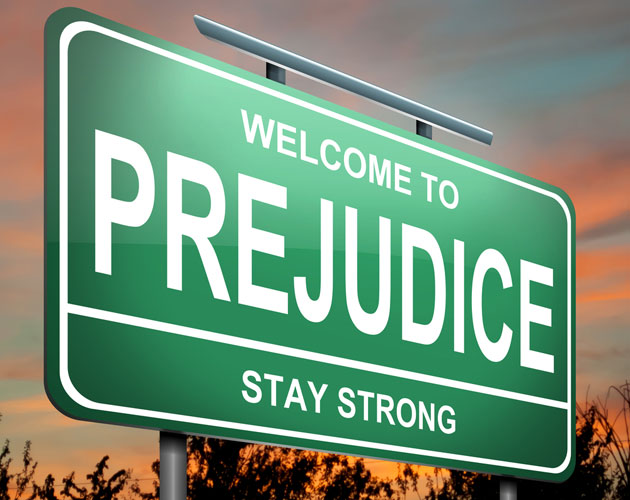
<a href="http://www.shutterstock.com/cat.mhtml?lang=en&search_source=search_form&version=llv1&anyorall=all&safesearch=1&searchterm=immigration&search_group=#id=107260595&src=s0k2zlEUHEwnMNwff5CHzA-1-8">spirit of america</a>/Shutterstock
The Heritage Foundation report on the costs of immigration reform co-authored by controversial scholar Jason Richwine has been widely debunked, and Richwine himself has resigned from Heritage in the wake of revelations about his history of arguing that blacks and Latinos are dumber than Jews and Irish people. But Richwine’s study was even worse than previously thought, according to a new Scholars Strategy Network brief (PDF) by Richard Alba, a sociology professor at the Graduate Center of the City University of New York who studies immigration and assimilation. Alba’s review of the report concludes that Richwine and Robert Rector, a Heritage research fellow, made several basic errors that, collectively, overstated the costs of amnesty for the country’s 11 million immigrants by more than $4 trillion.
Richwine’s report estimates that, over the next 50 years, immigrants legalized through amnesty would receive a collective $9.4 trillion in government benefits and services and pay just $3.1 trillion in taxes, resulting in $6.3 trillion in new costs. Alba estimates that, “according to the report’s own logic,” that new costs number should be closer to $2 trillion, not $6.3 trillion. Even then, Alba writes, this adjusted figure is unreliable because the report uses unreliable 2010 figures from the height of the recession.
There are three other major problems that inflate the Heritage report’s estimate, Alba argues:
- Costs incurred regardless of legalization ($1.6 trillion): The Heritage report counts services that would exist regardless of amnesty, such as the education of children of immigrants who are citizens by birth, in its calculation of the costs of amnesty. It also assumes that the cost of educating undocumented people will stay constant until immigrants retire. That’s not usually the case.
Using numbers that show there are few undocumented immigrants above the age of 50, the Heritage report also assumes that, in the absence of reform, most undocumented immigrants would leave the United States for their home countries by age 55. But the smaller number of older undocumented immigrants is not due to emigration. It’s because many older formerly undocumented people received amnesty following the passage of the Immigration Reform and Control Act of 1986.
In total, the Heritage report includes $1.62 trillion of costs that would be incurred regardless of whether immigration reform happens, according to Alba. - Future retirement benefits ($1.6 trillion): Another major error, Alba writes, is owed to the “morally repugnant assumption that the US can steal the Social Security and Medicare contributions of the undocumented.” Many undocumented people currently work and pay Social Security and Medicare taxes. The estimated $1.6 trillion those immigrants would collectively receive “represents a moral if not yet a legal obligation,” Alba argues, and “should not be regarded as part of the cost of legalization.”
- Taxes ($1 trillion): Beyond that, Alba writes that the Heritage report underestimates the tax contributions newly legalized immigrants would provide. Because legalization would allow immigrants to rise up from the underground economy and find better-paying jobs, Alba estimates that the Heritage report low-balls the taxes that would be received from newly legalized immigrants by over $1 trillion.
Darrell West, an expert on immigration policy at the Brookings Institution, agrees with Alba’s critiques of the Heritage report. “It is very problematic because it uses inaccurate assumptions to estimate costs and benefits, overestimating the cost and underestimating the benefits,” he says.
Alba argues that because of the influence a similarly specious 2007 Heritage immigration report had in defeating reform legislation, “reform proponents need to be cautious about concluding that a stake has been driven through the heart of the new report.”
West is more optimistic: “I’d be surprised if this study were decisive just because it has been criticized so roundly, both by Democrats and Republicans,” he says. “That’s a very different situation than 2007, when it was seen as a credible report and did not suffer the criticisms that this report has gotten.”
In either case, Alba writes, “The inevitable conclusion is that the report wildly overstates the costs of legalization and is worthless for an understanding of its fiscal ramifications.”















